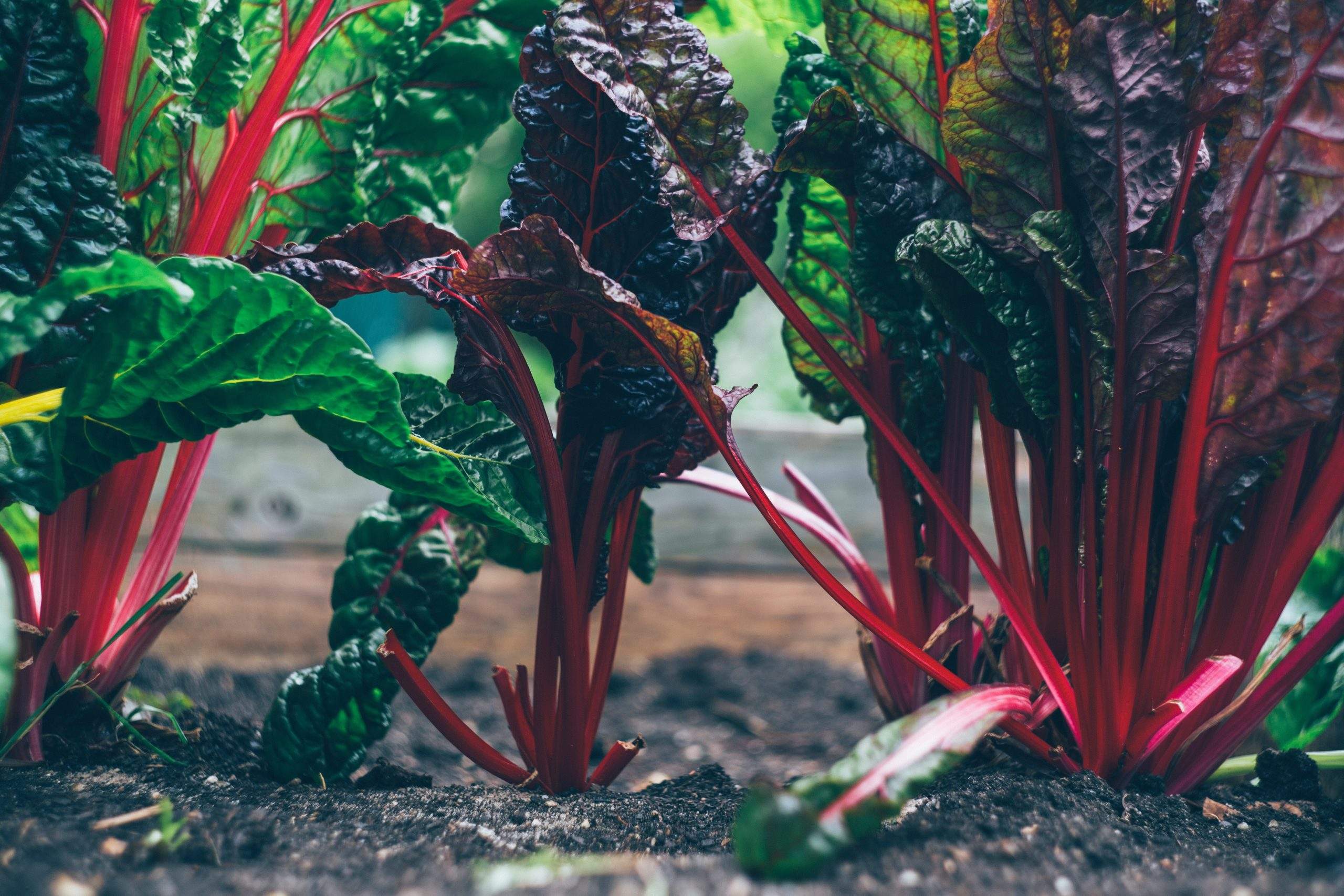How a push toward microfarming and urban agriculture could revolutionize city life all over the world
Billions of urbanites all over the world simply have no access to fresh, locally produced foods. Studies show that when one’s only realistic buying choices are between different brands of preserved, processed food shipped in from factories by truckload, the quality of their life is measurably decreased. This has traditionally been seen as an unavoidable consequence of city life, but that may change in the near future.
“The French government is investing some 34 million euros ($44.4 million, £30.7 million) in 100 urban and suburban microfarms across the country as part of their ‘Fertile Districts’ (Les Quartiers Fertiles) project.”
Their aim is to incubate thriving microfarms in 100 of the country’s most densely populated urban and suburban areas. This will eliminate some of the country’s worst ‘food deserts’ by giving local residents better access to fresh, locally produced vegetables, meats, cheeses and even hand-crafted ciders and beers. If the plan succeeds, it would revolutionize the craft foods industry in France, potentially spreading to urban areas in other countries.
French gastronomy has long depended on fresh, traditionally raised food products. French farmers and vintners are renowned all over the world. French boulangeries and bakeries are famous, as are the products of the French dairy industry and French wines! However, it is possible that the largest impact of the project could be its contribution to the quality of life in some of France’s most densely populated neighbourhoods. The plan is for these pilot urban agriculture plots and microfarms to be the nuclei of entire ‘green suburbs’ which will offer improved air quality and environmental effects as well as the psychological benefit of publicly accessible green space.
Exploring some of the projects already funded should give you a sense of what success would actually look like.
One example is a former wasteland in near Marseille which now supports a huge organic vegetable garden and a goat farm holding between 100 and 150 animals at any one time. The vegetables will of course be available locally, but the goats will provide milk for the production of famous French cheeses, as well as meat which is free of many of the chemicals and hormones associated with large scale meat producers.
A larger plot in Nièvre will feature shared vegetable gardens, a forest garden, specialised market gardens and fruit orchards. It also has areas set aside for organic, free range chicken and sheep production. The shared gardens will encourage local residents to spend more time outdoors and to produce more fresh food for their own tables, which is predicted to have a significant impact on the dietary health of the people who live nearby. The market gardens and the animal products produced will be a boon to the French economy.
The economic advantages of bringing new agribusiness opportunities to urban people is not to be underestimated. Anything which is not consumed locally could be sold anywhere in Europe as French exports. It is even possible that the country’s most sought after growing regions in the 21st century could be within the cities themselves.
There is very little preventing similar projects form succeeding in urban and suburban settings all over the world.
Countries all around the world are recommitting to environmental and ecological transformation, and projects like Fertile Districts are in the planning stages in many nations already. Some are far more ambitious than investing in microfarms and shared garden plots.
Like France’s Fertile Districts project, these urban agricultural start-ups are intended as seeds which will grow into much more. Urban agriculture can help to renew decaying working-class neighborhoods by completely re-inventing them as greener, healthier places to live. Access to greenery has proven mental and physical health benefits, and making food that is actually good for you available to the residents of poor urban areas could revolutionize life for millions.
“The idea is to reconcile the ‘urban’ with the ‘rural’, giving the residents of these transformed towns and cities the best of both worlds”
The idea is to reconcile the ‘urban’ with the ‘rural’, giving the residents of these transformed towns and cities the best of both worlds – easy access to the commerce and industry of the city at the same time they enjoy a greener, less polluted environment and the ability to grow some portion of their food with their own hands. This idea is attractive to many local and national governments.
The Fertile Districts project could work in virtually any part of the world. It is a model for an efficient, inexpensive way to renovate some of the world’s worst places to live without simply displacing low income residents. If these urban agriculture ventures continue to attract speculators from around the world eager to invest in France, they can only become more common.
The organic and urban farming communities will be watching the development of these Fertile Districts closely, and many inspirational projects will hopefully arise from this initiative across the globe.
